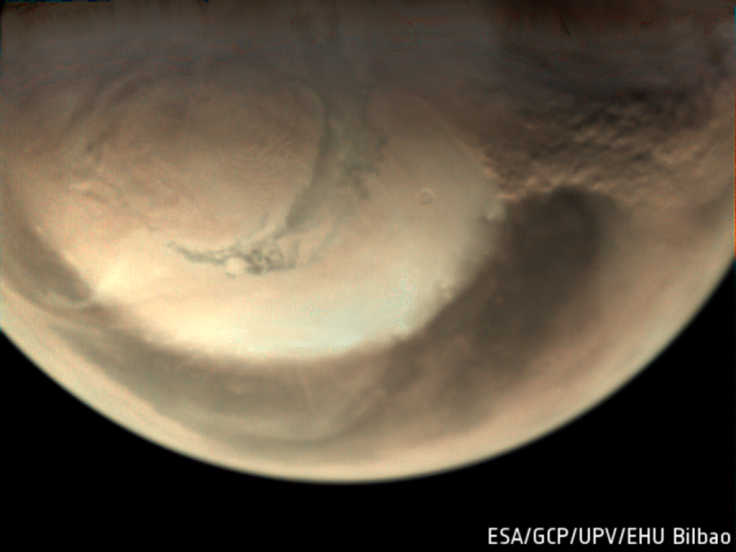Mars Mission: This Is How 1 Million People Will Survive On Red Planet

A new study revealed what it would take to keep one million people alive on Mars. The study specifically focused on creating a self-sustained food supply for a large human colony on the Red Planet.
Over the past couple of months, NASA has been providing details regarding its plan to send a human spaceflight mission to Mars. According to the space agency, lessons that will be learned from the upcoming mission will help determine the possibility of establishing a human colony on Mars.
Aside from building proper shelters, another factor that’s vital to the success of a Mars colony is establishing a steady food supply. Since regularly transporting food from Earth to Mars is a costly and inefficient method, researchers of a new study proposed establishing a resource center on the Red Planet itself.
“Food is probably going to be the hardest thing to make locally on Mars, and you can’t just import it all if you want to have a self-sufficient settlement,” Kevin Cannon, the lead author of the study and a planetary scientist at the University of Central Florida, told Space.com.
Although there is no natural food source on Mars, future colonists would still be able to cultivate food using the planet’s raw materials such as soil and ice water. Using these resources, colonists would be able to establish areas to grow crops. For a more practical solution, the researchers suggested using tunnels lit with LEDs to serve as underground greenhouses for Martian colonies.
Aside from a plant-based diet, the researchers also proposed bringing insects such as crickets to Mars so they can be farmed for food. They noted that this is a safer and more convenient alternative that transporting animals such as cows to Mars.
The researchers also believe that cellular agriculture will be very beneficial for the future colonists of Mars. This concept involves cultivating food derived from cells grown inside laboratories. Through cellular agriculture, the researchers said colonist would be able to produce eggs and milk on Mars without the need for chickens and cows.
The findings of the researchers were detailed in a new study published in New Space.
© Copyright IBTimes 2025. All rights reserved.





















